
The Power of Pull
How Small Moves, Smartly Made, Can Set Big Things in Motion
Published by Basic Books, a subsidiary of Perseus Books LLC
ISBN: 9780465019359
Pages: 288
Recommendation
“Pull” is the latest business dynamic that soon will be sweeping through an institution near you. At least, that’s what business consultants John Hagel III, John Seely Brown and Lang Davison predict. The authors, all members of the Deloitte Center for the Edge, make a solid, well-researched case for their strategic analysis, using detailed, candid accounts from active participants in a world where people use connections, knowledge and resources to solve problems. This is where the book sings: Its numerous colorful examples illuminate the benefits of pull. While this scholarly work provides some useful suggestions, the authors are more successful at defining and breaking down their theoretical information than at offering a how-to guide for using pull at your next business meeting. getAbstract recommends this volume to executives who want to move their companies ahead in the digital age and to unite young technology rats and traditional workers.
Summary
About the Authors
John Hagel III is co-chairman of the Deloitte Center for the Edge. He wrote Out of the Box and The Only Sustainable Edge, among other bestsellers. John Seely Brown is the co-author of The Social Life of Information. He is the independent co-chairman of the Deloitte Center, where Lang Davison is executive director.


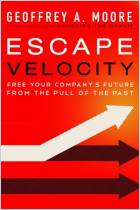
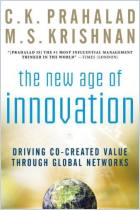
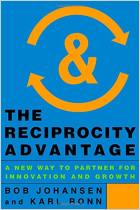
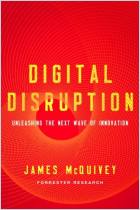
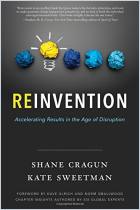
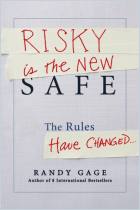


Comment on this summary